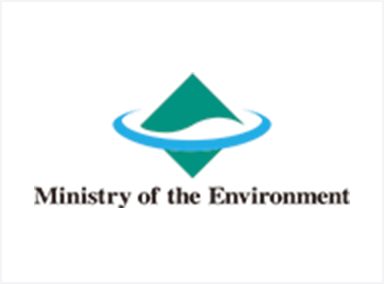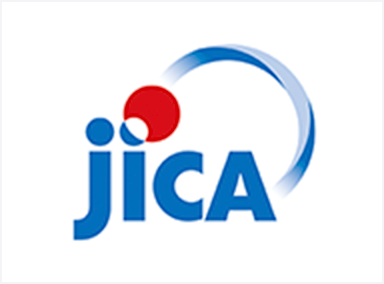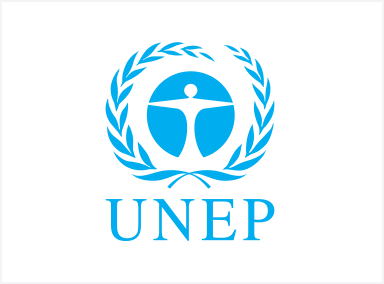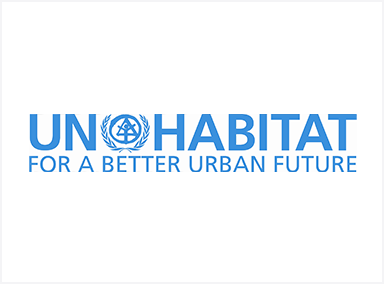About ACCP
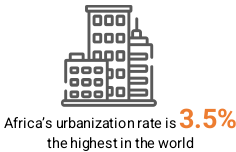
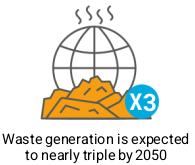
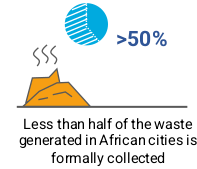
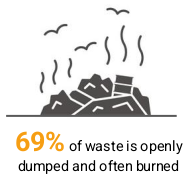
Africa's urbanization rate is 3.5%, the highest in the world. Because of this rapid urbanization, municipal solid waste management has become a major challenge for many cities on the continent. In sub-Saharan Africa, the fastest growing region, waste generation is expected to almost triple by 2050, as is its population. On average, less than half of the waste generated in African cities is officially collected, while the waste collection is almost non-existent in rural areas. 69% of waste is dumped illegally and often burned, with adverse effects on the environment and human health. This hampers economic activities and causes infectious and waterborne diseases, especially in densely populated areas.
However, in many African countries, waste management policy is given a low priority. As a result, local governments lack budgets, competent staff, equipment, and facilities, leaving them with insufficient operation and management capabilities. Compared to Asian cities, sustainable generation of funding for maintaining hygiene in cities is difficult in African countries, in which average incomes are relatively low.
ACCP was established in 2017 in Maputo, Mozambique, by representatives from 24 African countries together with the Ministry of Environment of Japan, the Japan International Cooperation Agency (JICA), the City of Yokohama, the United Nations Environment Programme (UNEP) and the United Nations Human Settlements Programme (UN-Habitat). As of December 2021, 90 cities and 42 countries have become members of ACCP and various activities in the below listed action areas have been carried out since its establishment.
By 2030, African countries realize clean and healthy cities and achieve the Sustainable Developing Goals (SDGs) on waste management
To provide an open platform to support African countries and cities to find their own measures and solutions for sound waste management and the achievement of SDGs
Action Areas
Knowledge sharing and networking
ACCP Assemblies are organized to share knowledge and experiences every 3 years in conjunction with TICAD (Tokyo International Conference on African Development)
Promoting the achievement of waste SDGs targets
Capacity development and training programmes are provided for ACCP members to achieve waste-related SDG targets, as well as online knowledge sharing and learning
Supporting project development in waste management
Using Waste Wise Cities Tool as a central data collection tool, ACCP supports member cities to develop tangible projects on the ground
Partners
Maputo Declaration

Participants from Botswana, Burkina Faso, Cameroon, Côte d'Ivoire, Democratic Republic of the Congo, Djibouti, Egypt, Ethiopia, Ghana, Kenya, Madagascar, Malawi, Morocco, Mozambique, Namibia, Niger, Nigeria, Republic of the Congo, Senegal, South Sudan, Sudan, Uganda, Zambia, and Zimbabwe, as well as Japan, Japan International Cooperation Agency (JICA), the City of Yokohama, the United Nations Environment Programme (UNEP), and the United Nations Human Settlements Programme (UN-HABITAT) met in Maputo, Mozambique, from 25 to 27 April 2017 to share Mozambican knowledge and experience on waste management, and, in relation to the African Clean Cities Platform Preparatory Meeting, to consider a declaration on the establishment of the Platform for the promotion of networking in Africa.
Yokohama Action Guidance for the ACCP
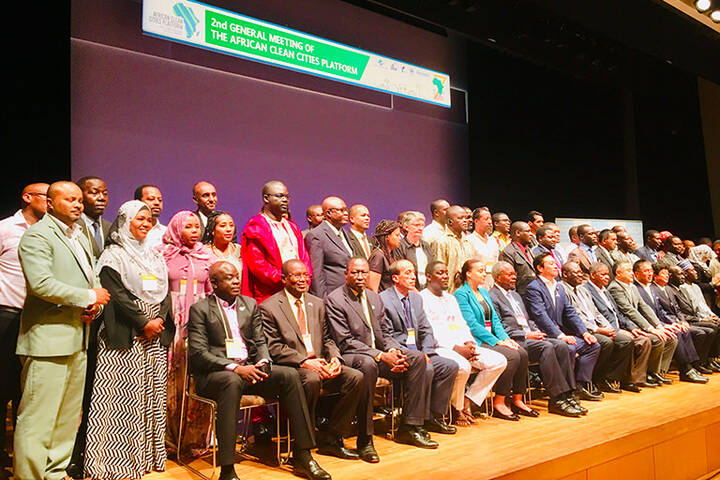
The African countries and cities joining the African Clean Cities Platform (ACCP), the Ministry of the Environment, Japan (MOEJ), the Japan International Cooperation Agency (JICA), the City of Yokohama, the United Nations Environment Programme (UNEP), the United Nations Human Settlements Programme (UN-Habitat), and the organizations that support the ACCP's vision gathered at the ACCP's Second General Meeting in Yokohama, Japan from August 26 to 27. Taking note of the Maputo Declaration, which was adopted at the ACCP Preparatory Meeting in April 2017, and the Rabat Declaration, which was adopted at the ACCP First General Meeting in June 2018, they agreed to strengthen the ACCP Secretariat function, improving waste collection and transportation system, and monitor progress towards achieving the SDGs.
